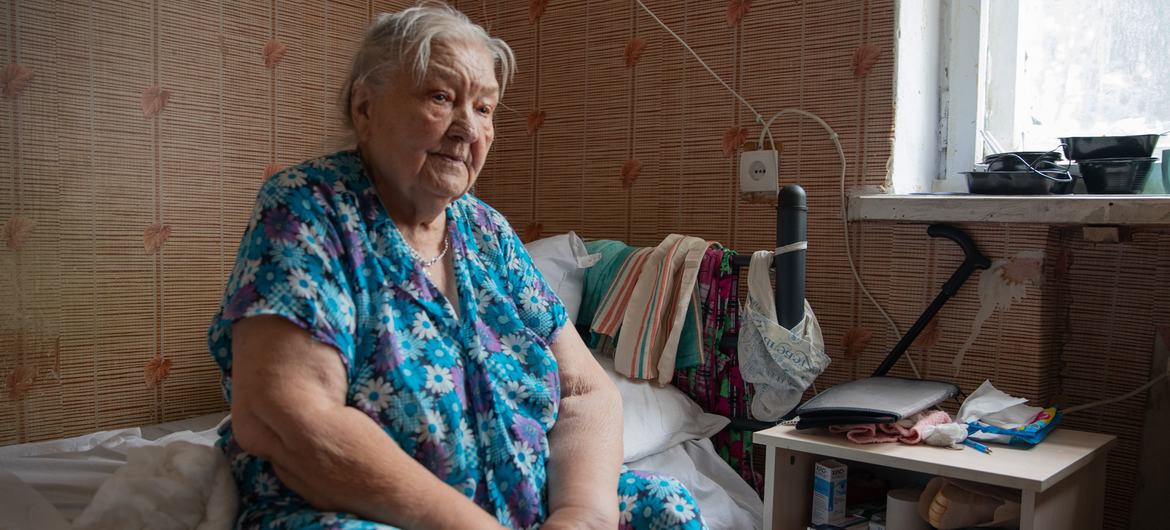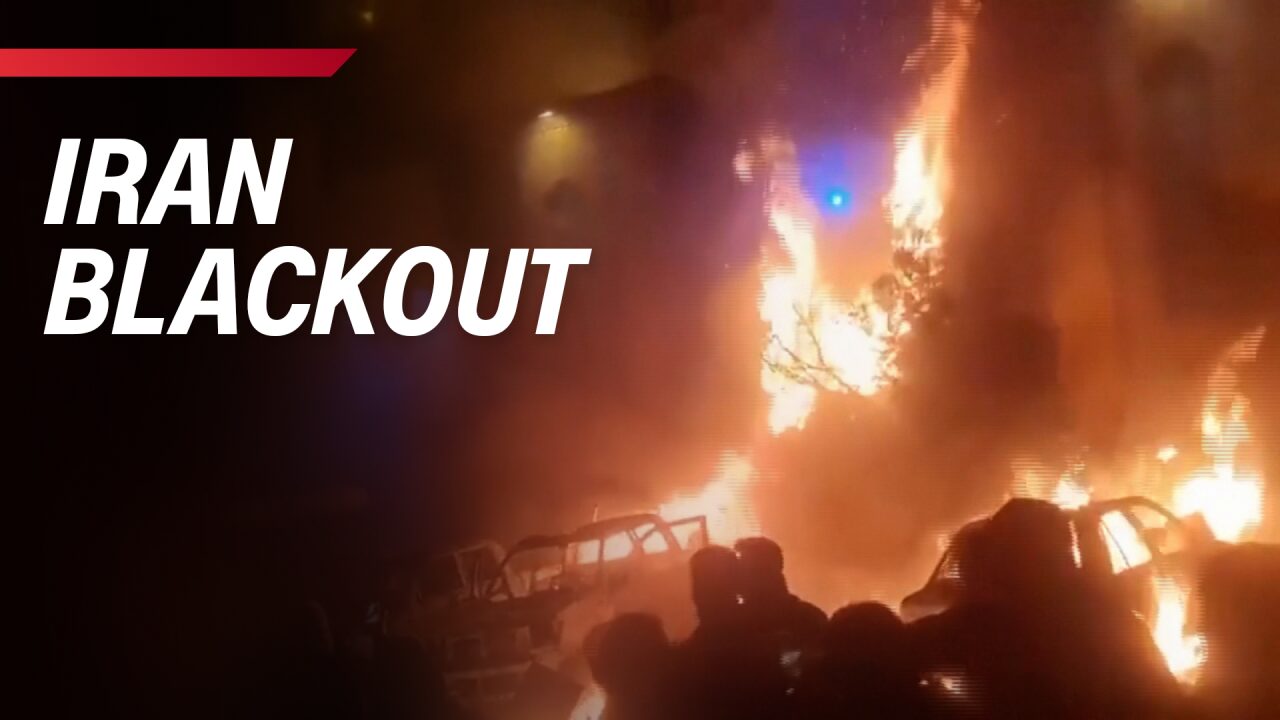Ukraine is grappling with a severe housing crisis, which has been characterized as “unprecedented” following the full-scale invasion by Russia that began in February 2022. Over three years into the conflict, the effects of widespread destruction and displacement have left millions struggling to find adequate shelter. According to a report from UN News in January 2025, the situation has reached critical levels, creating an urgent need for solutions.
The consequences of the ongoing war have been devastating. Millions of homes have been damaged or destroyed, resulting in an estimated 7 million people being displaced within Ukraine. Many of these individuals and families are living in temporary accommodations, such as shelters or makeshift housing, which lack basic amenities and security. The crisis not only affects those directly impacted by the conflict but also poses significant challenges for the Ukrainian economy and society as a whole.
Extent of the Damage and Displacement
The United Nations reports that infrastructure in many regions, particularly in the eastern parts of the country, has suffered extensive damage. Major cities like Kharkiv and Donetsk have seen a considerable decline in habitable housing due to bombardments and military operations. The reconstruction efforts are hindered by ongoing hostilities, with the cost of repairs estimated to be in the billions of dollars.
Additionally, the influx of internally displaced persons (IDPs) has put immense pressure on urban centers that are already struggling with their housing markets. Areas that were once able to accommodate residents are now overwhelmed, leading to a sharp increase in rental prices and competition for limited housing options. As a result, many families are forced to make difficult choices, often sacrificing safety for affordability.
International Response and Future Prospects
International organizations, including the United Nations High Commissioner for Refugees (UNHCR), are actively working to address the housing needs of displaced Ukrainians. Initiatives are underway to provide emergency shelter, along with longer-term housing solutions aimed at rebuilding communities. However, these efforts face challenges due to limited funding and the ongoing conflict.
The Ukrainian government has also recognized the urgency of the situation. Officials have outlined plans to collaborate with international partners to create a comprehensive housing strategy that addresses both immediate needs and long-term recovery. This strategy includes measures to ensure that vulnerable populations have access to safe and affordable housing, while also focusing on rebuilding critical infrastructure.
As winter approaches, the urgency of the housing crisis intensifies. Many displaced individuals and families are at risk of inadequate shelter during the harsh conditions. Without substantial international support and a concerted effort from the Ukrainian government, the crisis is likely to worsen, further complicating the recovery process in the region.
The situation in Ukraine serves as a stark reminder of the profound impact of war on civilian life. As the nation continues to navigate the challenges of conflict, the urgent need for effective housing solutions remains a critical priority for restoring stability and supporting the future of its citizens.







